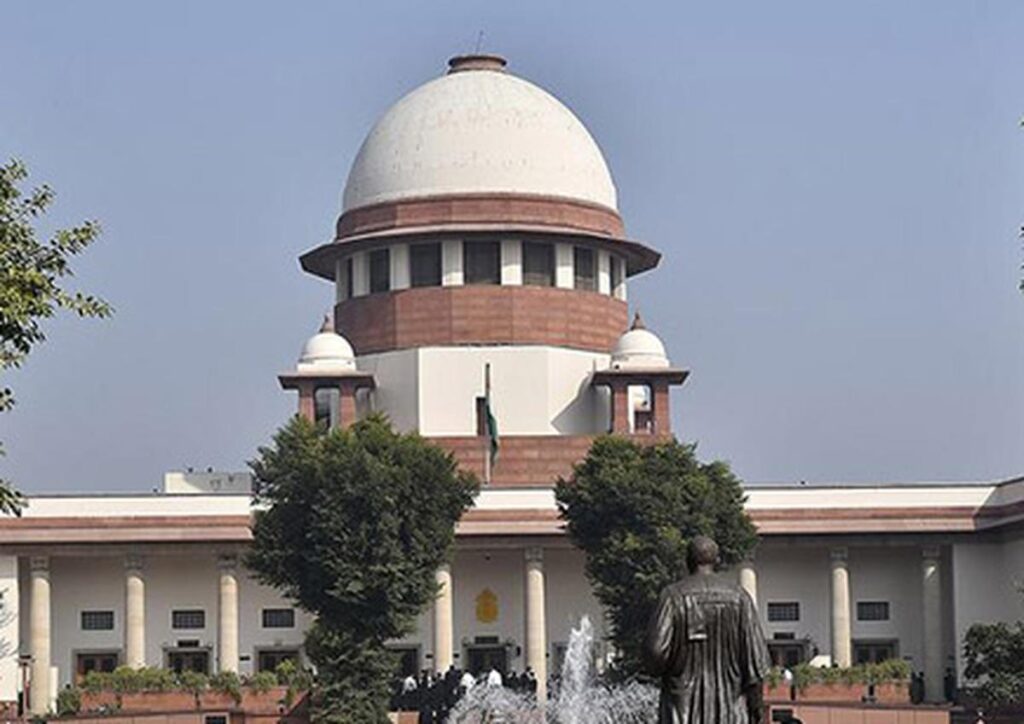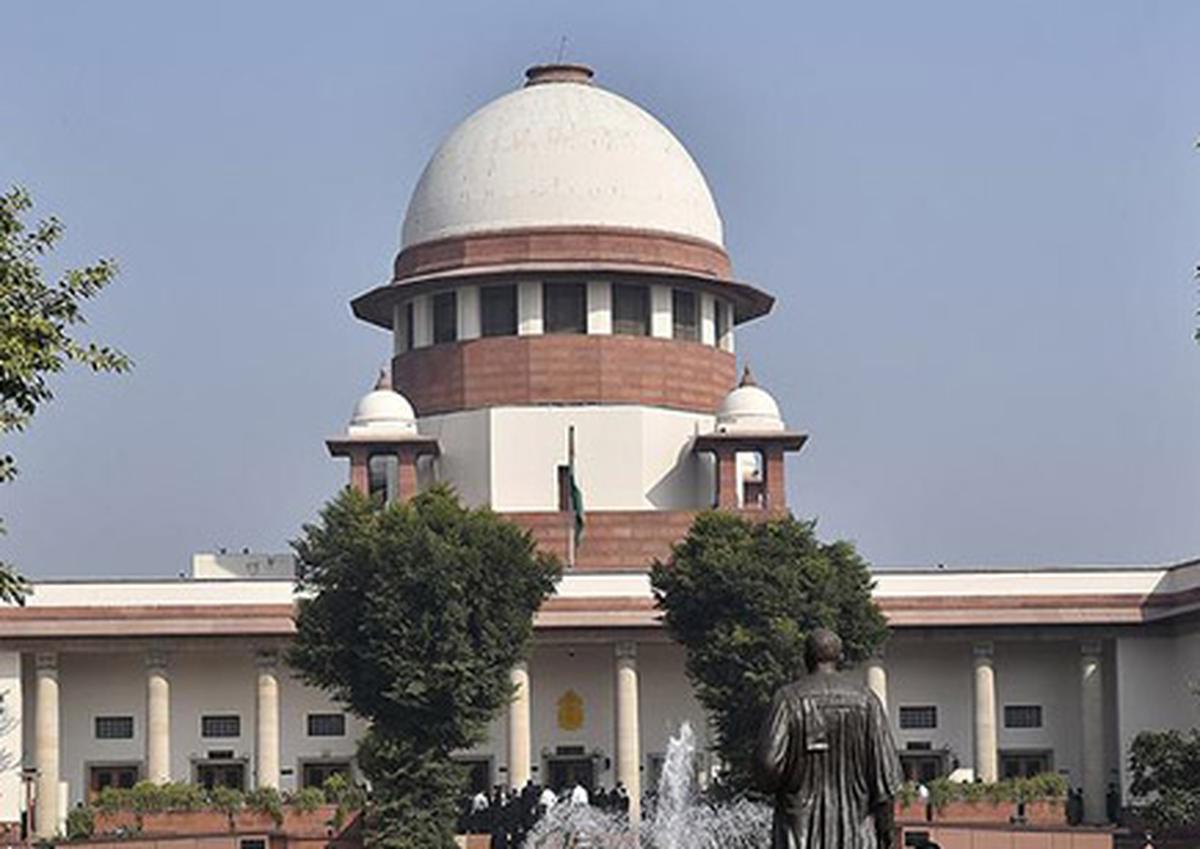
In a significant move aimed at tackling the prevalent “adjournment culture,” the Supreme Court of India has introduced stringent guidelines governing the circumstances under which lawyers may seek adjournments in cases. These measures, outlined in a circular issued on Wednesday, mark a concerted effort to streamline court proceedings and enhance professionalism within the legal system.
Under the new provisions, lawyers are now required to obtain consent from the opposing party before circulating a request for an adjournment. Moreover, the court has prohibited the granting of two consecutive adjournments in a case, aiming to curb unnecessary delays and ensure timely resolution of legal matters.
Chief Justice of India (CJI) Dhananjaya Y Chandrachud, in his foundation day lecture commemorating the Supreme Court’s 75th year of establishment, had previously underscored the challenges posed by the prevailing “adjournment culture.” His remarks served as a catalyst for these proactive measures aimed at reforming the judicial process.
The circular delineates specific scenarios where requests for adjournments will not be entertained, emphasizing the need to uphold the integrity of court proceedings. Notably, in cases concerning bail or anticipatory bail, where interim orders are in effect, or where the suspension of sentence has been sought, requests for adjournments will not be entertained.
Furthermore, the circular mandates that any party seeking an adjournment must provide a detailed reason for the request and indicate the total number of adjournments already sought in the case. This transparency aims to promote accountability and discourage frivolous adjournment requests.
To standardize the process further, the Supreme Court has introduced a standardized form that must be completed when seeking an adjournment, ensuring uniformity and clarity in the information provided.
CJI Chandrachud’s call to transition from an “adjournment culture” to one characterized by professionalism resonates strongly in these new guidelines. He emphasized the imperative of expediting judicial outcomes and maintaining the relevance of the institution in a rapidly evolving legal landscape.
The implementation of these rules underscores the Supreme Court’s commitment to fostering efficiency and accountability within the judiciary. As the court charts a course towards a future defined by integrity and expediency, these reforms represent a pivotal step forward in reinforcing public trust and ensuring access to swift and impartial justice.
Sources By Agencies


